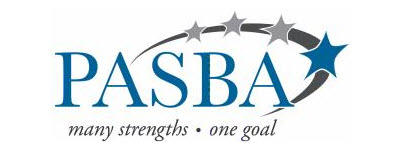Accounting, like many other types of businesses, has a natural ebb and flow to its business cycle. While it is not as seasonal as landscaping or summer cabin rentals, the demand for accountants tends to peak during certain months of the year. Naturally, April is the busiest with the tax deadline for all filers on the 15th. The early autumn months of September and October can also keep you busy with business clients who have deadlines of their own to meet. That means you or your agency may struggle with cash flow during months that are not as busy.
Limited Cash Flow Doesn’t Need to Be a Problem When You Change Your Mindset
Taking a proactive approach to this problem by having clients sign fixed price agreements can somewhat alleviate the pressure on your accounting firm. However, you can’t depend on this entirely to fill the gaps when clients aren’t exactly ringing the phone off the hook. The good news is that you can get through these cash flow challenges by gathering the right resources and using them when necessary. This may involve stepping out of your comfort zone, but the results will be well worth the peace of mind that they bring.
Consider Establishing a Model for Recurring Revenue
If you usually bill your clients for services rendered upfront, you may find that the money is gone in no time. We recommend experimenting with offering monthly payments to a few of your top clients to spread your income throughout the year. If it works well and clients are reliable with making monthly payments, open this option up for everyone.
Don’t Let Accounts Receivable Age
No businessperson enjoys the task of reminding clients they have come to know and like that they owe money. However, it must be done if you hope to avoid problems with cash flow. You can hire a collection agency if you work for yourself, or rotate the task between several people if you manage an accounting firm. If clients continue to pay late, refuse to provide them with more services until they bring their balance current. You will also want to ask for full payment upfront in the future or a deposit at the very least.
Plan Your Cash Flow
Problems with cash flow are the most challenging to deal with when they’re unexpected. While things can and do change quickly, creating a report that outlines what you expect to receive in cash for the next week, month, and quarter can help you avoid feeling blindsided. Be sure to document all recurring monthly payments and fixed payments in this report. When paying bills, make sure you know how much cash this will leave in your reserves. Finally, pay careful attention to the debt you take on to ensure that it won’t cut into your cash flow to the point of discomfort.
If you would like regular access to sound advice, industry events, and member benefits join the Professional Accounting Small Business Association (PABSA) today.


Recent Comments